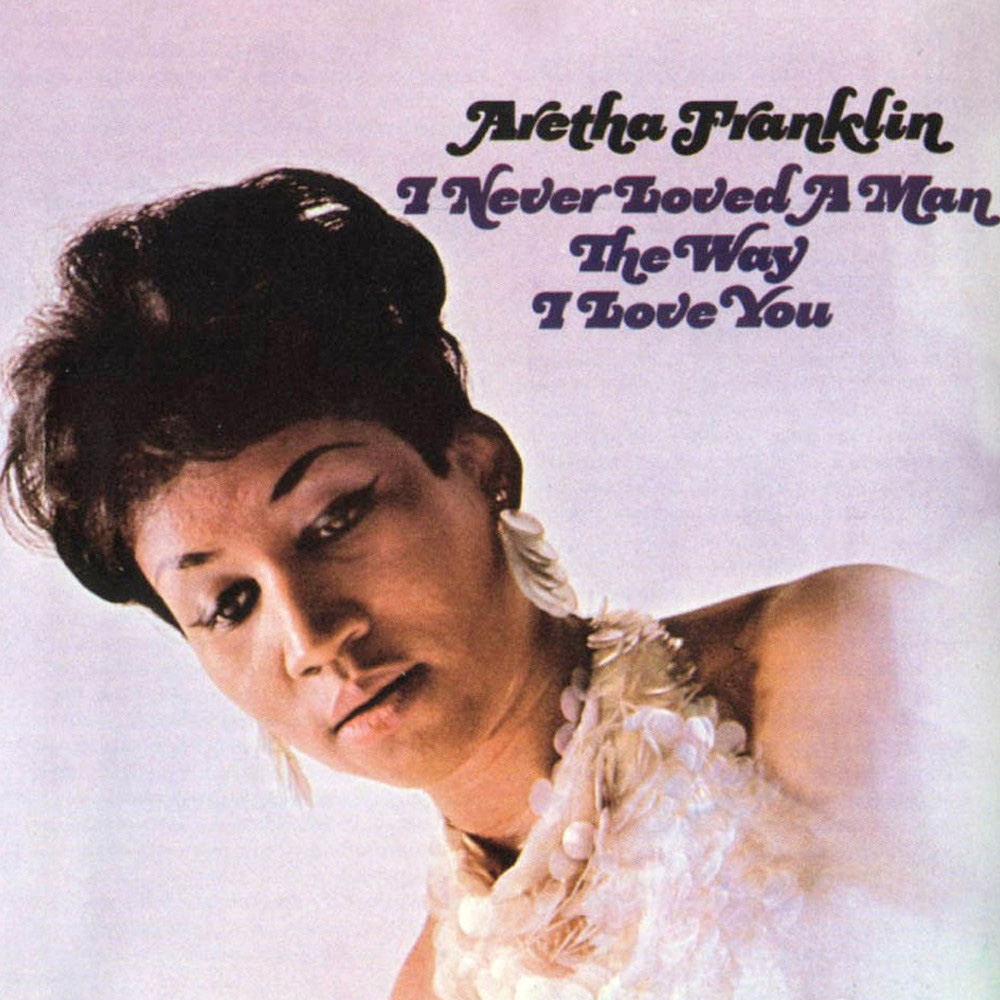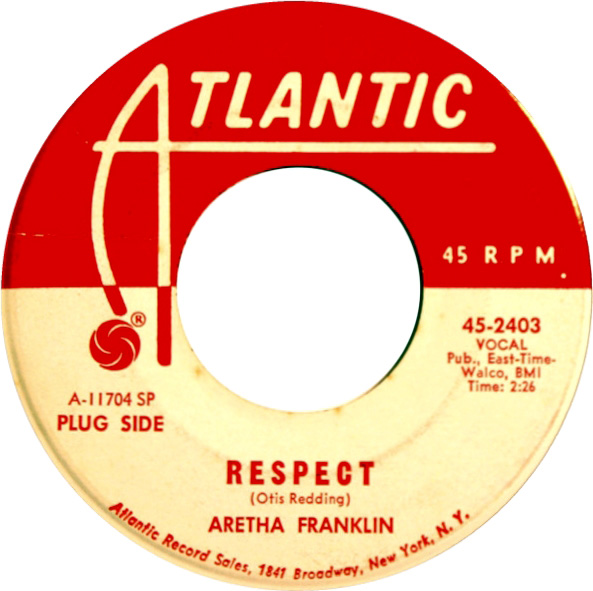More than fifty years ago, one of the greatest musical performances of all time hit number one on the Billboard charts. Aretha Franklin’s version of “Respect,” a song another Southerner—Otis Redding—wrote, soared to the top spot on June 3, 1967, and became an anthem for generations.
The story behind the song is a tale of two Southern music phenoms at their best. Otis Redding, who grew up in Macon, Georgia, first wrote “Respect” with bandmate Earl “Speedo” Sims, and recorded it at Memphis’s famed Stax Records for his 1965 album, Otis Blue. In his version, the song asks for a little “respect when I come home,” a chorus of male singers adds the tagline, “Hey, hey hey!,” and a horn section blasts a cheery riff.
click here Play “Respect” by otis redding on spotify

“‘Respect’ was a big song for Otis that year,” says Jonathan Gould, a music historian whose new book Otis Redding: An Unfinished Life is the definitive biography of the singer and songwriter. “It was his first dance tune, because up until that point he had done ballads in this pleading, sort of devotional mode. But in ‘Respect’ the arrangement was his, and those were his horn lines, all his ideas. It was very distinctive.”
The song achieved strong chart success and caught the attention of Memphis, Tennessee-born singer Aretha Franklin, at that time on contract with Columbia Records. “She did ten albums with Columbia, which were more jazz, but not R&B,” Gould says. “Columbia was more of a mainstream white pop label who saw Aretha as a pop singer, sort of a black Barbra Streisand.”

Otis Redding.
Although Redding and Franklin only knew each other casually, they admired each other’s work. In the summer of 1966, they performed for the first time together at the Regal Theater in Chicago, where Franklin shared that she’d been working on her own live arrangements of Redding’s “Respect” and was thinking of recording it. Redding, in turn, told Franklin that he’d been impressed by her rendition of the standard “Try a Little Tenderness” and was thinking of recording his own version. (He did, and his take, backed by Booker T. & the M.G.s, became a classic in its own right: “Otis sang it straight in the first verse and then went into this ranting stomp style,” Gould says. “Nothing had been done like that before.”)
When Columbia didn’t renew its contract with Franklin in 1966, Atlantic signed her on. In early 1967, during recording for her eleventh studio album and first with Atlantic, I Never Loved a Man the Way I Love You, Franklin let loose the version of “Respect” she’d been performing at live shows. Atlantic had flown the Muscle Shoals, Alabama, rhythm section to New York to back up Franklin. But the arrangement was purely hers. “By the time she was ready to record it,” Gould writes, “She had bent the song to her will.”

Franklin’s sisters Erma and Carolyn sang too, their “Re-re-re-re” refrain not only a nod to the song’s title, but the family nickname for Aretha. Franklin swapped Otis’s happy horns for a groovier guitar lick, and then recast the lyrics for all time. Where Otis sang, “What you want, honey you got it,” Aretha declared, “What you want, baby I got it.”

Aretha Franklin in 1967.
One of Gould’s favorite moments comes when the band stops. “And then she spells out the word, literally letter by letter, ‘R-E-S-P-E-C-T,’” he says. “It’s the most incredible addition to the song.” It was the instant the full force of Franklin’s personality—and her musicianship—began to be felt through her music.
“Respect” was released as the follow-up single to the album’s title track in late April 1967 and shot to the top of the R&B charts. It reached the top of the Billboard Pop chart on June 3 and stayed there for two weeks. It’s been an anthem ever since.
Redding, who died in a plane crash later that year, was proud of Franklin’s version, and would still be, Gould says.
“Otis’s famous line was, ‘This is a song that a girl took away from me,’ and that’s exactly what Aretha did,” Gould says. “But he had the magnanimity to appreciate that. Otis had a generosity of spirit that other artists picked up on. I think he was genuinely thrilled with what Aretha did with that song.”








